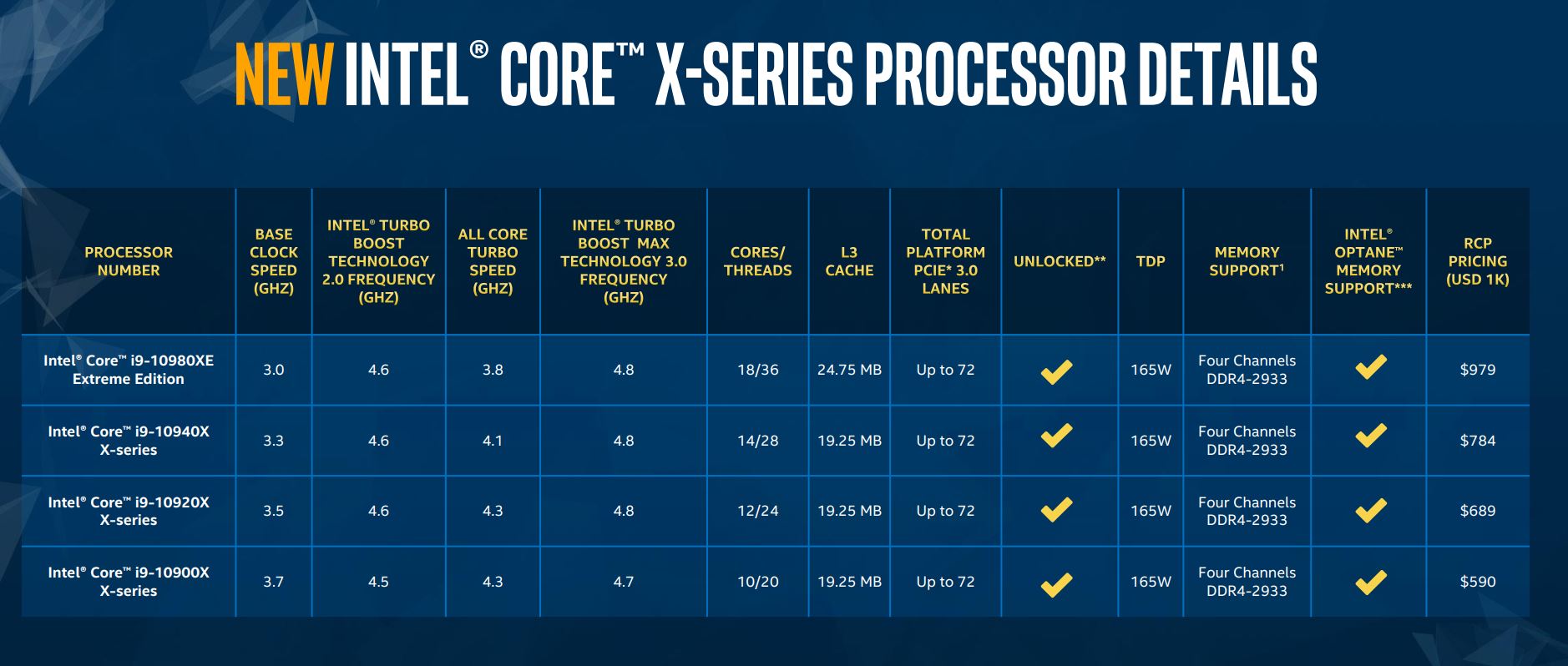ah yes gaming and single thread. Welcome to the age of multi core. What res u playing games at? 640x480? Amd is better and more efficient at multi core plus Single core is so close that I can def see an Amd 16 core beating an intel 18 core.
Over 120hz at both 1080p and 1440p Intel does still have the advantage. Its not a big enough advantage to recommend Intel CPUs over Ryzen 3000 chips, unless someone wants the absolute best gaming CPU, but it is still there.
![[H]ard|Forum](/styles/hardforum/xenforo/logo_dark.png)
